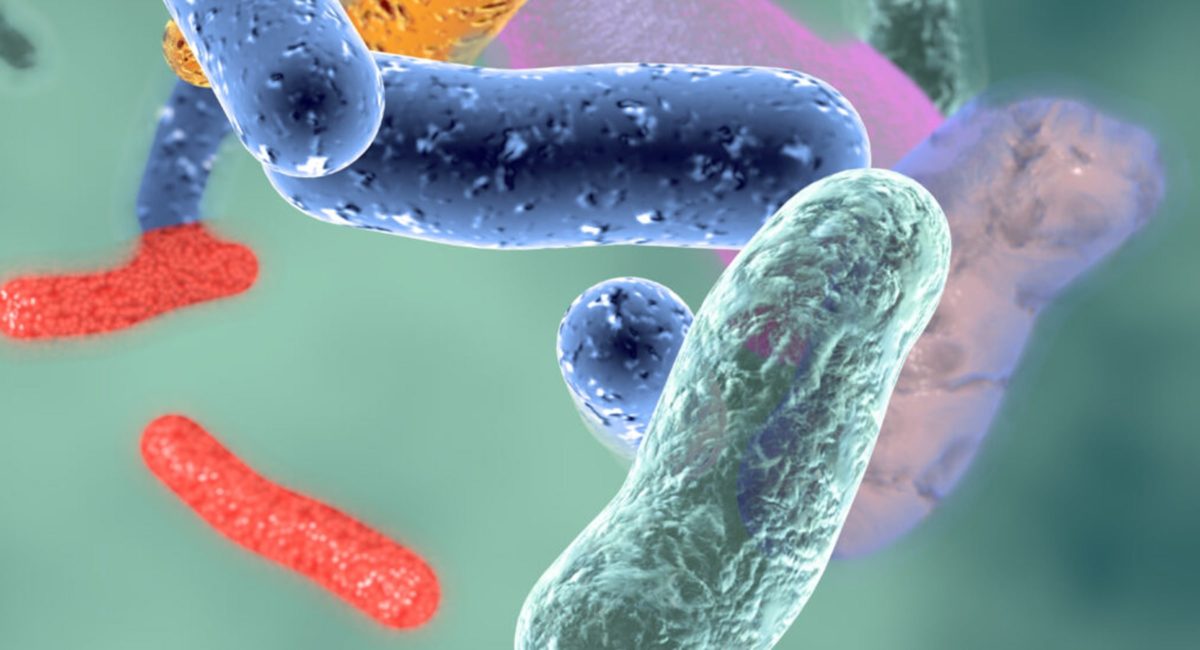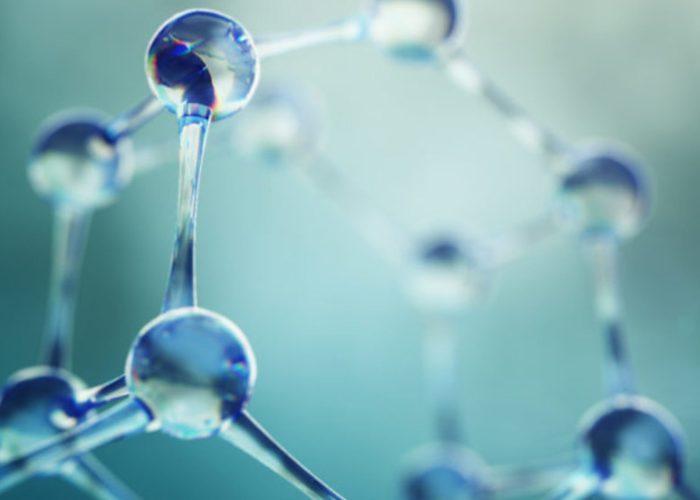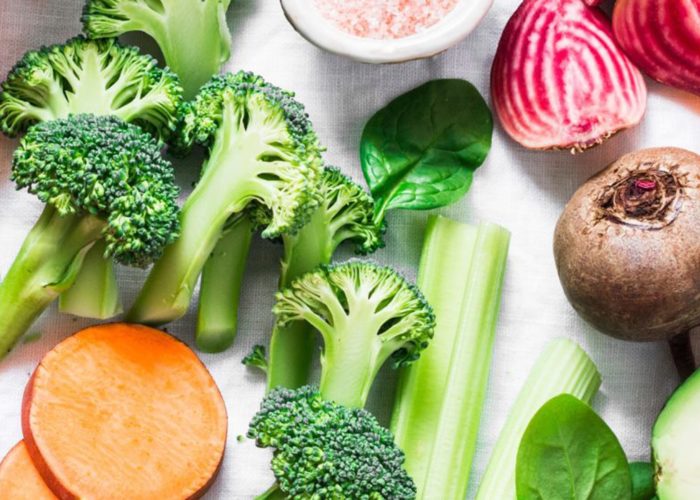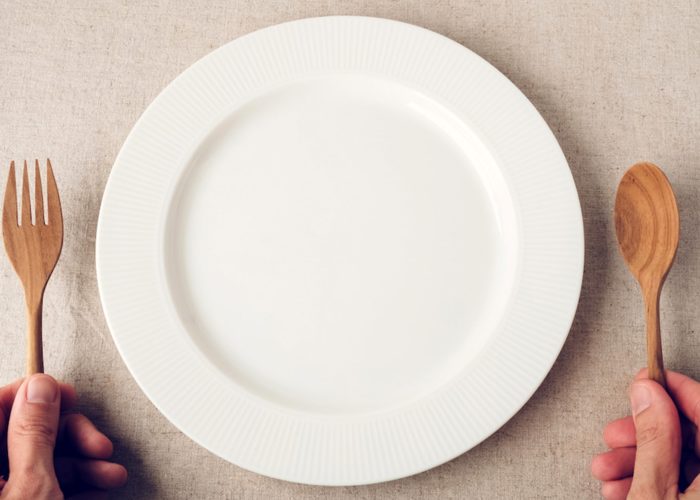Switzerland potential home for “Noah’s Ark” of microbes to preserve human health in perpetuity

A new study supported by Seerave Foundation and led by world-leading scientists finds that the creation of a “microbial Noah’s Ark” is feasible and should move forward into a pilot project phase with Switzerland one of two locations. The ultimate aim is to preserve the trillions of microbes that are essential to human health.
The Microbiota Vault would gather beneficial germs from human populations whose microbiomes are uncompromised by antibiotics, processed diets and other ill effects of modern society that have contributed to massive loss of microbial diversity and an accompanying rise in health problems. The human microbiome includes the trillions of microscopic organisms that live on and in our bodies, contributing to our health in myriad ways.
The feasibility study was prepared by two independent Swiss firms (EvalueScience and advocacy) and supported by non-profit institutions and universities active in the field of the human gut microbiome. The funding consortia includes the Swiss Gebert Rüf Foundation along with the Seerave Foundation, the Calouste Gulbenkian Foundation (Portugal), Rutgers University (USA), Kiel University (Germany), Canadian Institute for Advanced Research (Canada), Bengt E. Gustafsson symposium foundation (affiliated to Karolinska Institutet, Sweden) and UC San Diego School of Medicine (USA).
Dr. Manuel Fankhauser, Chief Scientific Officer of Seerave Foundation and member of the project team, commented: “We are very excited to have established a solid base for this ambitious global project. As a next step, a 2-year pilot phase will test the logistical and legal framework. Apart from around CHF 1 million of funding, this will require us to pool resources and networks across the globe. We have already visited multiple Swiss army bunkers that could be repurposed for the Microbiota Vault in phase 2. We hope to move forward as quickly as possible, before even more microbial diversity will be lost.”
“Populations in modern societies have lost much of their microbiome because of the damage caused by overuse of antibiotics and other medicines, over-reliance on high fat, processed foods, and other factors of industrialization,” said Blaser. “The Microbiota Vault initiative will help us work with indigenous cultures, in whom the microbiome is more intact, to find microbes that could be stored, replicated, and reintroduced to protect the health of all people. When new pathogens arise, such as SARS-CoV-2, harnessing the good microbes to fight the bad is one potential approach.”
The researchers hope it may be possible one day to prevent disease by reintroducing lost microbes. But that could happen only if researchers first collect beneficial microbes, e. g. from remote Latin American and African populations that have the greatest microbiota diversity before they, too, experience the effects of urbanization. People living in urbanized societies have lost a substantial part of their microbiota diversity; the gut flora of most Europeans and Americans, for example, is half as diverse as that of hunter-gatherers in isolated Amazonian villages. Importantly, the characterization of samples stored in the Microbiota Vault would be available in a transparent and open access fashion, enabling researchers across the globe and optimizing use of information and use of the specimens in the local collections.
About The Microbiota Vault
The Microbiota Vault aims to conserve the diverse human microbiota to ensure long-term health for humanity. It will do this by establishing a non-profit non-governmental organization, bringing scientists and policy makers together to ensure consensus, creating a global repository of coevolved human microbes, connecting existing regional collections and promoting regional capacity building.
The feasibility study will be available for download to the public via www.microbiotavault.org as of June 11th, 18.00 pm CET.
Continue Reading


